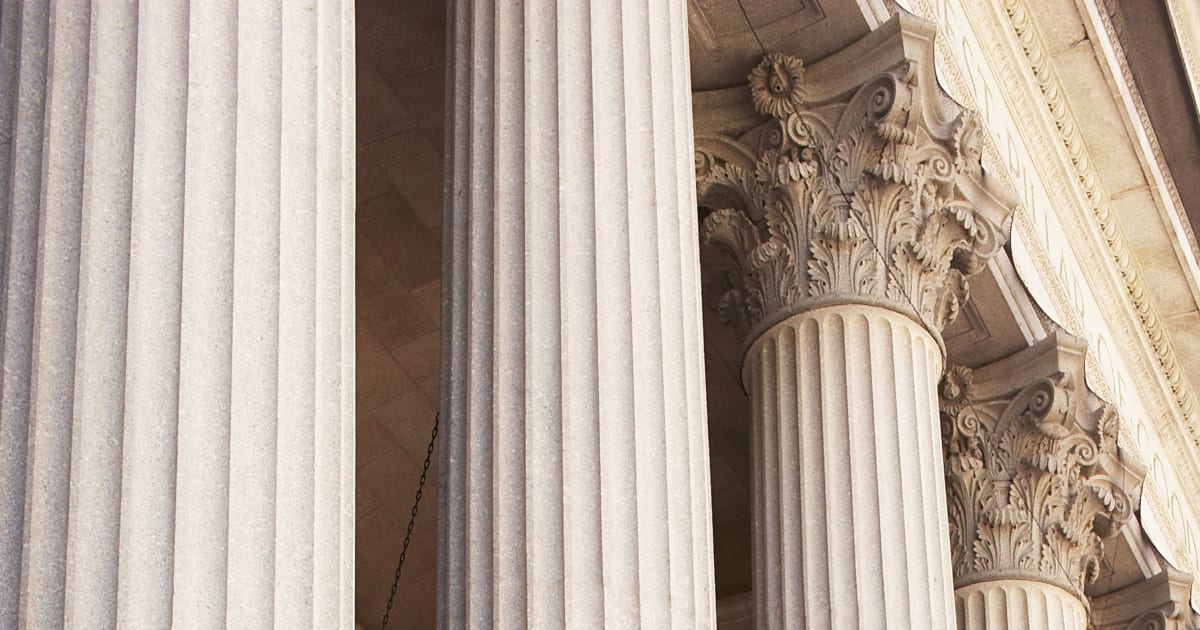- Pfizer’s CEO predicts people will receive annual COVID-19 vaccines.
- The CDC updated its website and guidelines including Interim Guidance for Managing Healthcare Personnel with SARS-CoV-2 Infection or Exposure to SARS-CoV-2 and Strategies to Mitigate Healthcare Personnel Staffing Shortages.
Congress
- Eighteen Senators led by Sen. Debbie Stabenow (D-MI) sent a letter to the Biden Administration advocating for Medicare to cover at-home COVID-19 tests, which are not currently covered by Medicare.
White House and Federal Agencies
- A U.S. District Court Judge issued a nationwide injunction against the Biden administration’s COVID-19 vaccine mandate for federal employees.
- The Centers for Disease Control and Prevention (CDC) Director Dr. Rochelle Walensky called for increasing investments in public health – mainly focused on alleviating long-term staffing issues in local hospitals and recruiting statisticians to track public health metrics.
- The Department of Health and Human Services announced $103 million in grants to help address burnout among healthcare workers, focused on underserved and rural communities.
- A survey found that 47% of physicians reported feeling “burnt out” over the past year, citing “an overload of bureaucratic tasks” as the main culprit.
Economy, Vaccines, Testing and Treatment
- A study from researchers at BioNTech, Pfizer, and the University of Texas shows a booster dose of the Pfizer COVID-19 vaccine is effective against the Omicron variant for at least four months.
- CDC data shows booster doses are 90% effective at preventing hospitalization for the Omicron variant.
- The rollout of antiviral pills, such as Pfizer’s Paxlovid and Merck’s Molnupiravir, has been slow due to regulatory, testing, and logistical issues.
- The National Institute of Allergy and Infectious Diseases (NIAID) Director Dr. Anthony Fauci predicts Omicron variant infections will peak in February.
- Pfizer’s CEO predicts people will receive annual COVID-19 vaccines.
- As the Omicron variant spreads, nursing homes are experiencing staffing shortages.
- A CDC study found that people vaccinated against COVID had better outcomes than unvaccinated people, and that boosted individuals were significantly better protected than un-boosted individuals.
- According to a new study, people tend to test positive on rapid COVID-19 tests for six to 10 days after infection.
Centers for Disease Control and Prevention (CDC) Updates
- The CDC published the following reports and website updates:
- Cases in the U.S.
- Overall U.S. COVID-19 Vaccination Distribution and Administration Update as of Sun, 23 Jan 2022 6:00:00 EST
- EARLY RELEASE: COVID-19 Incidence and Death Rates Among Unvaccinated and Fully Vaccinated Adults with and without Booster Doses During Periods of Delta and Omicron Variant Emergence – 25 U.S. Jurisdictions April 4 – December 25, 2021
- EARLY RELEASE: Effectiveness of a Third Dose of mRNA Vaccines against COVID-19-Associated Emergency Department and Urgent Care Encounters and Hospitalizations Among Adults During Periods of Delta and Omicron Variant Predominance – VISION Network, 10 States, August 2021- January 2022
- Interim Guidance for Managing Healthcare Personnel with SARS-CoV-2 Infection or Exposure to SARS-CoV-2
- Reporting COVID-19 Vaccinations in the United States
- Strategies to Mitigate Healthcare Personnel Staffing Shortages
- What You Should Know About COVID-19 Testing in Schools
- COVID Data Tracker Weekly Review
- Overview of Testing for SARS-CoV-2 (COVID-19)
- Different COVID-19 Vaccines
- COVID-19 Vaccine Information for Specific Groups of People
- COVID-19 Vaccines for People Who Would Like to Have a Baby
- What is Genomic Surveillance?

